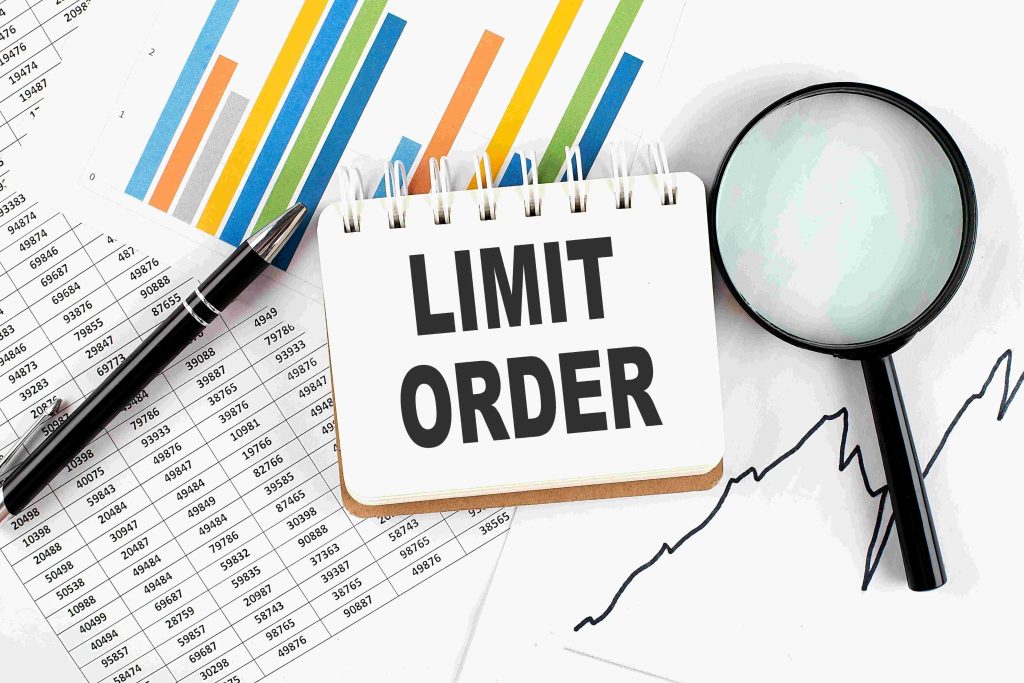Decentralised Exchanges (DEXs) have emerged as a popular and secure way to trade cryptocurrencies. They offer a wide range of features, including limit orders, which enable traders to buy or sell assets at specified prices. In this article, we'll explore how limit orders work on a DEX.
Understanding DEX and Limit Orders
Decentralised Exchanges (DEXs)
A DEX is a cryptocurrency exchange that operates without a central authority or intermediary. Instead of relying on a traditional order book, DEXs use smart contracts to facilitate trading directly between users. This decentralised nature ensures greater security and control over your assets.
Limit Orders
Limit orders are a fundamental trading tool that allows users to specify the exact price at which they want to buy or sell an asset. These orders are executed when the market reaches the specified price. Moreover, they are often used to capitalise on anticipated price movements or to set predefined entry and exit points.

How Limit Orders Work on a DEX
- User Interaction: To create a limit order on a DEX, you must interact with the DEX's interface. This typically involves connecting your cryptocurrency wallet to the exchange.
- Order Parameters: When creating a limit order, you define the asset you want to trade, the quantity, and the price at which you wish to execute the order. For instance, if you want to buy 1 ETH at a specific price, you set these parameters accordingly.
- Smart Contract Execution: Your limit order is recorded as a smart contract on the blockchain. It is not immediately executed but instead waits for market conditions to match your specified price.
- Matching: On a DEX, orders are matched based on a decentralised order book. When the market reaches the price you set in your limit order, DEX's smart contract will automatically execute the trade, ensuring that you get the desired price or better.
- Execution: Once your limit order is matched and executed, the assets are transferred directly between the buyer and seller without the need for an intermediary.
- Gas Fees: Keep in mind that, like all blockchain transactions, executing a limit order on a DEX incurs gas fees. Gas fees are necessary for miners to process your order, so it's essential to factor these costs into your trading strategy.
Read More: What are Safe Haven Currencies?
Advantages of Limit Orders on DEXs

- Control: Limit orders offer precise control over your trades. You can specify the exact price you're willing to pay or accept for an asset.
- Reduced Slippage: By setting a price, you can reduce the potential for slippage – the difference between the expected price and the executed price.
- Security: DEXs are known for their security because they don't require users to deposit funds into a centralised exchange. Your assets remain in your wallet until the trade is executed.
- Transparency: The transparent nature of blockchain technology ensures that all trades and orders are visible on the blockchain, providing a high level of transparency.
Final thoughts on how limit orders work on a DEX
Limit orders are a powerful tool for traders on DEXs. They provide control, reduce slippage, and offer a secure and transparent way to trade cryptocurrencies. By understanding how limit orders work on a DEX, you can make more strategic trading decisions in the DEX world of cryptocurrency.
